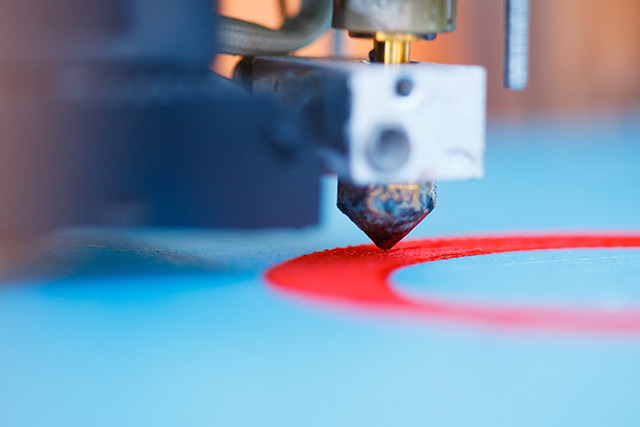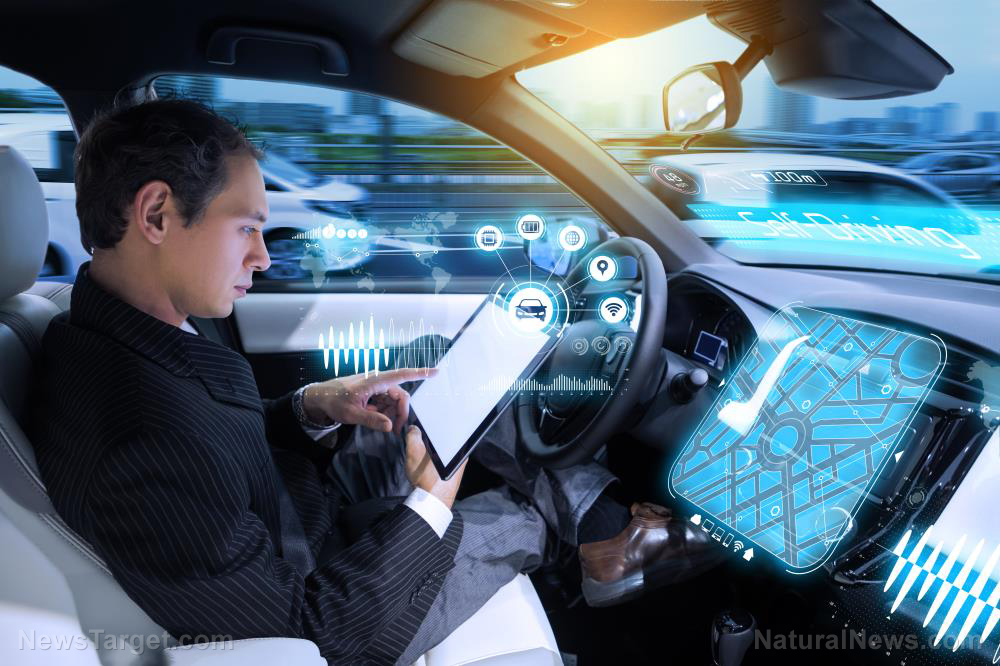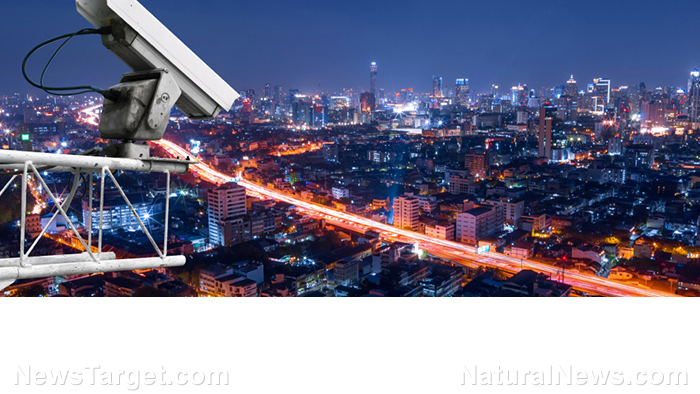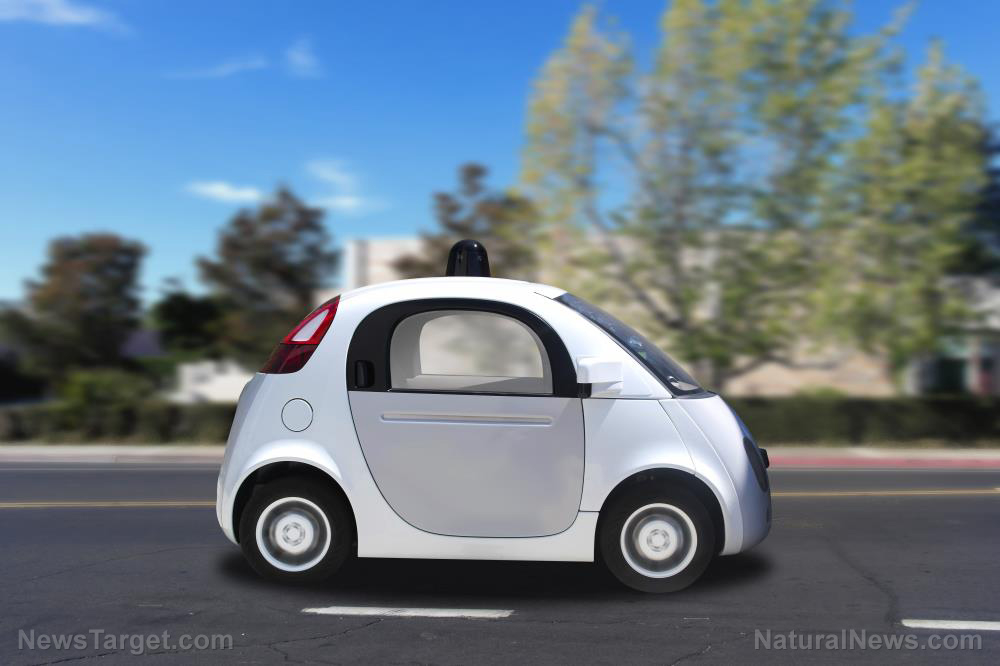McDonald’s acquires machine-learning startup to develop personalized menus using A.I.
08/20/2019 / By Edsel Cook
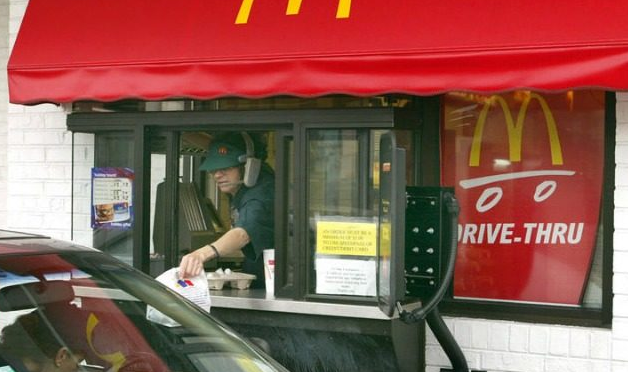
To boost flagging sales and compensate for reduced traffic at its stores, McDonald’s has turned to artificial intelligence. The icon of the American fast food industry acquired an Israeli tech startup and tasked it with developing A.I.-powered software that will create personalized menus for customers on the fly.
McDonald’s announced its purchase of Dynamic Yield, a startup that specializes in machine-learning technologies. While neither company revealed any figures, experts estimated the price tag to be $300 million, the biggest buy made by the fast food giant in many years.
Dynamic Yield assists its customers by analyzing the behaviors and preferences of customers and coming up with ways to take advantage of those trends. It will develop software with machine-learning elements for McDonald’s digital menus, allowing the menus to be tailored to individual customers.
The digital menu will examine various factors like the customer’s location, preferences, the time he placed his order, and even the weather. After evaluating the data, the A.I. will feature McDonald’s products that are most likely to attract the customer’s attention and get him to open his wallet.
Spokespersons predict that their A.I.-powered software would enter service at the outdoor drive-thru menu boards and the indoor digital ordering kiosks of a McDonald’s store. It would also be added to the fast food restaurant’s existing mobile app. (Related: The computer will see you now… AI better than some doctors at detecting childhood diseases.)
McDonald’s wants A.I. to run digital menus tailored for each customer
Experts believe that McDonald’s acquired Dynamic Yield as a reaction to stiffer competition in U.S. markets. The fast food company plans to start deploying the new digital menus in the latter half of 2019.
“With this acquisition, we’re expanding both our ability to increase the role technology and data will play in our future and the speed with which we’ll be able to implement our vision of creating more personalized experiences for our customers,” announced McDonald’s President and CEO Steve Easterbrook.
The fast food company reported that its overall sales in 2018 went up. It attributed the growth to deliveries and orders made through its mobile app.
However, 2018 also saw a decrease in the number of people who visited McDonald’s traditional brick-and-mortar stores in the U.S. This was the main market of the restaurant.
In particular, fewer customers were ordering breakfast products from McDonald’s stores. Taco Bell and other direct competitors have been eroding at its sizable slice of the morning-time customer pie through various ways.
A McDonald-held monopoly of machine-learning technology is (not) just a game, Senator
In response to the mounting challenges to its brand dominance, McDonald’s commenced a pricey campaign to re-imagine its stores in the U.S. and overseas starting in 2018. Renovating the U.S. stores alone cost $1.4 billion. The fast food company will spend another $1 billion this year.
In an official statement, McDonald’s has assured the existing Dynamic Yield clientele that it will preserve its new acquisition as a standalone company. Dynamic Yield will continue to provide personalization services to its numerous clients, such as Forever 21, Ikea, and Urban Outfitters.
Experts note that the purchase makes McDonald’s the sole owner of Dynamic Yield. Furthermore, while the New York-based personalization company does serve companies with brick-and-mortar stores, none of its clients are direct competitors of its owner.
McDonald’s also promised to keep investing in the machine-learning technology and staff of Dynamic Yield to stay ahead of developments in the field of digital personalization and optimization.
“With the support of McDonald’s, our growth and efforts in product development, partner and customer support, as well as global presence will only further accelerate,” Dynamic Yield CEO Liad Agmon stated in a post on the company website.
Sources include:
Tagged Under: AI technology, artificial intelligence, automated menu, automation, badtech, corporations, fast food chain, fast food corporations, future tech, machine learning, McDonald's, restaurant chains
RECENT NEWS & ARTICLES
COPYRIGHT © 2017 FUTURETECH.NEWS
All content posted on this site is protected under Free Speech. FutureTech.news is not responsible for content written by contributing authors. The information on this site is provided for educational and entertainment purposes only. It is not intended as a substitute for professional advice of any kind. FutureTech.news assumes no responsibility for the use or misuse of this material. All trademarks, registered trademarks and service marks mentioned on this site are the property of their respective owners.







